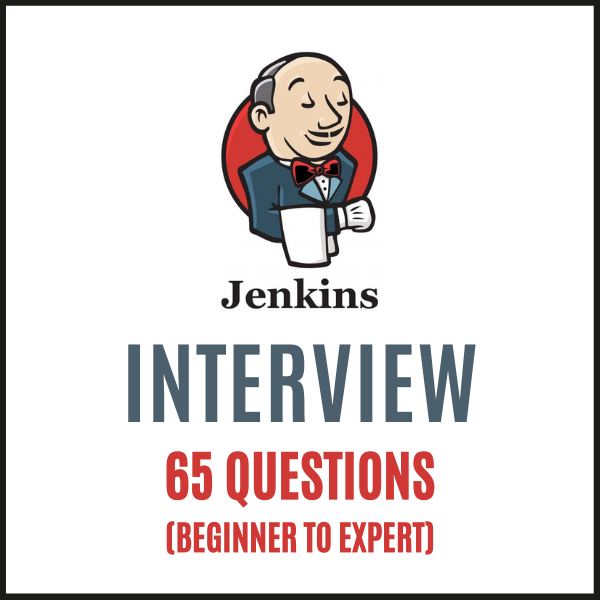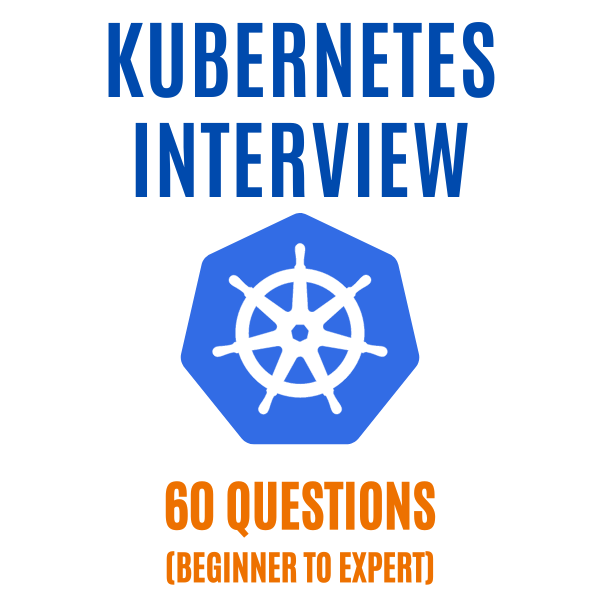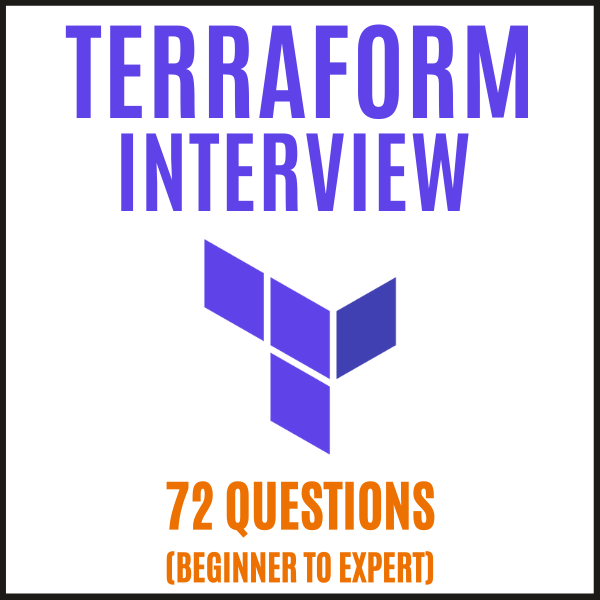
Absolute Beginner Conceptual Questions (20 Questions)
- What is Jenkins, and why is it used in a DevOps environment?
- Explain the difference between Continuous Integration and Continuous Delivery (CI/CD).
- What is a Jenkins pipeline, and can you describe its basic components?
- What are Jenkins jobs, and how do you create a simple one?
- How does Jenkins integrate with version control systems (like Git)?
- What are some common Jenkins plugins you might use?
- What is a Jenkins build?
- Can you name some important directories within a Jenkins installation?
- How would you manually install a Jenkins plugin?
- What is the difference between freestyle jobs and pipelines in Jenkins?
- What are build parameters in Jenkins, and how are they used?
- How would you add a simple ‘Hello, world!’ step to a Jenkins pipeline?
- What are post-build actions, and can you give an example?
- Where can you see the output logs of a Jenkins build?
- What are some basic best practices for using Jenkins?
- How do you restart a Jenkins server?
- What does the blue icon in Jenkins indicate? What about a red icon?
- How can you schedule a Jenkins job to run at a specific time?
- What is a Jenkins workspace?
- How would you find additional support or resources for learning about Jenkins?
Intermediate/Advanced Questions (25 Questions)
- How do you set up a master-slave configuration in Jenkins for distributed builds?
- Explain the concept of triggers in Jenkins. How would you use them to automate jobs?
- How do you manage builds, test results, and artifacts in Jenkins?
- Discuss strategies for securing Jenkins, like managing access control and credentials.
- How would you troubleshoot a failed Jenkins build?
- How can you monitor Jenkins performance and identify bottlenecks?
- How would you use Jenkins for dynamic job creation, perhaps based on parameters or external data sources?
- What are strategies for handling complex build dependencies or conditional build steps in Jenkins pipelines?
- How do you ensure quality control within Jenkins pipelines using test reporting and static code analysis tools?
- Describe how you would use Jenkins in conjunction with configuration management tools like Ansible or Puppet.
- How can Jenkins be used to enforce governance and compliance across development teams with shared pipelines?
- How would you implement infrastructure provisioning and deployment through Jenkins pipelines?
- Discuss considerations when migrating existing Jenkins jobs to more complex pipeline-as-code structures.
- Share a situation where you faced challenges due to scalability issues in Jenkins, and how did you resolve them?
- How can the Shared Groovy Libraries functionality in Jenkins be leveraged for reusability and maintainability?
- What are your strategies for backing up and restoring critical Jenkins configuration and data?
- How do you ensure Jenkins jobs are idempotent and can be rerun without unexpected side effects?
- How have you improved communication or collaboration in your team through the use of Jenkins notifications?
- Describe strategies for environment variable management in Jenkins, both globally and within specific jobs/pipelines.
- What are the pros and cons of using Jenkins shared libraries versus standalone scripts within pipelines?
- How would you troubleshoot Jenkins performance issues related to memory or CPU usage?
- Explain techniques for parallelizing Jenkins pipelines to improve build speed.
- Discuss how to use webhooks to integrate Jenkins with external systems or trigger events.
- How would you handle sensitive data (like API keys) during build processes in a secure manner?
- What are some common use cases for the Jenkins REST API, and how could it be used for automation?
Expert Level Questions (20 Question)
- Explain the architectural components of Jenkins (controllers, agents, communication protocols) and how they relate to performance.
- Describe advanced credential management techniques in Jenkins, addressing both security and ease of use.
- How would you set up self-healing or auto-scaling Jenkins architecture for reliability and workload management?
- Discuss approaches to extending Jenkins functionality using custom plugins or developing them yourself.
- How would you implement comprehensive logging and auditing in Jenkins to track changes and events for security or traceability?
- Describe advanced pipeline techniques like scripted pipelines or the Jenkins Pipeline DSL.
- How would you design a high-availability Jenkins setup for maximum uptime?
- Explain Jenkins integration with cloud technologies like Kubernetes or Docker.
- How would you optimize Jenkins build processes for large-scale projects?
- Discuss strategies for using Jenkins within a complex CI/CD workflow involving multiple tools.
- Can you share your experience in a project where Jenkins played a critical role in the DevOps process?
- How do you approach blue/green or canary deployments within Jenkins pipelines?
- How can you use Jenkins for rolling updates or zero-downtime deployments in complex application environments?
- What is your approach to disaster recovery planning with Jenkins as a critical part of the architecture?
- How do you handle secret management with Jenkins, and what secure storage mechanisms would you recommend?
- What are your strategies for maintaining large Jenkins instances with multiple teams and many jobs?
- How have you applied the concept of “Jenkins as code” to achieve better visibility and control?
- Discuss the implications of using a Jenkins X solution versus a more traditional Jenkins setup.
- Discuss considerations for running Jenkins in containerized environments, such as Docker or Kubernetes.
- Outline a strategy for comprehensive testing of Jenkins pipelines themselves (as opposed to testing software built by those pipelines).
Hope you find this post helpful.
Telegram: https://t.me/LearnDevOpsForFree
Twitter: https://twitter.com/techyoutbe
Youtube: https://www.youtube.com/@T3Ptech
Check More Questions for Other Skill: (Click on the Image below)

